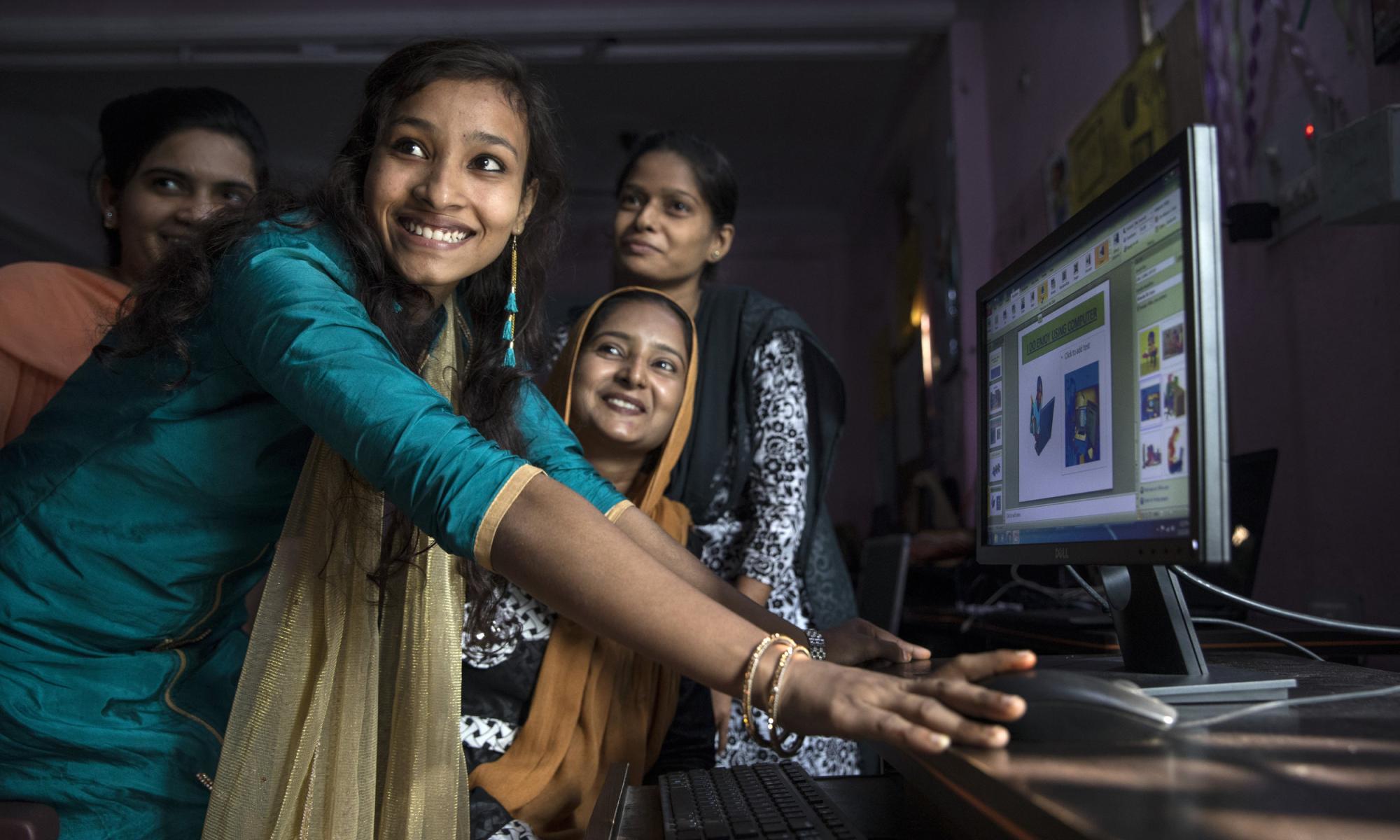
Reports and Toolkits
ASPIRE's reports and toolkits capture insights from implementation, document lessons, and offer practical guidance for policymakers, practitioners, and partners working to strengthen public systems.
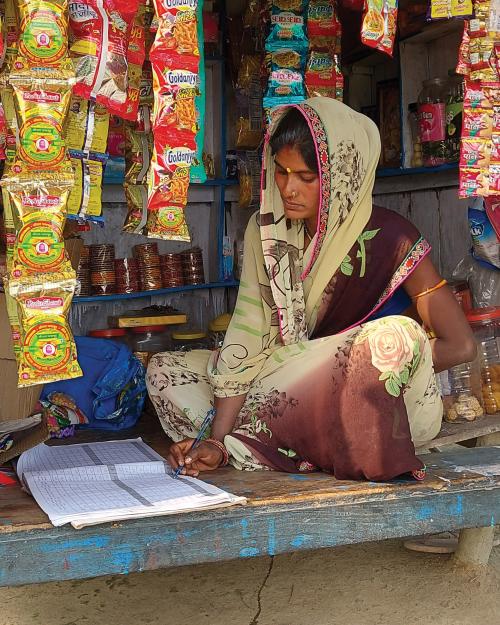
REPORT
Catalysing Development For Lasting Impact: How Satat Jeevikoparjan Yojana leverages systems thinking
This report traces the systems change journey of Satat Jeevikoparjan Yojana (SJY), a government-led initiative in Bihar aimed at addressing ultra-poverty through the Graduation Approach. It articulates how SJY integrates systems thinking into policy design and implementation, moving beyond a scale-up to catalyze structural and normative shifts within systems.
Through retrospective root cause mapping, stakeholder interactions, and systems mapping, the document explores how SJY empowers frontline workers, strengthens community institutions, and fosters adaptive learning. It also highlights emerging signals of systems change, and offers frameworks to understand SJY’s trajectory from pilot to policy and from scale to systemic integration
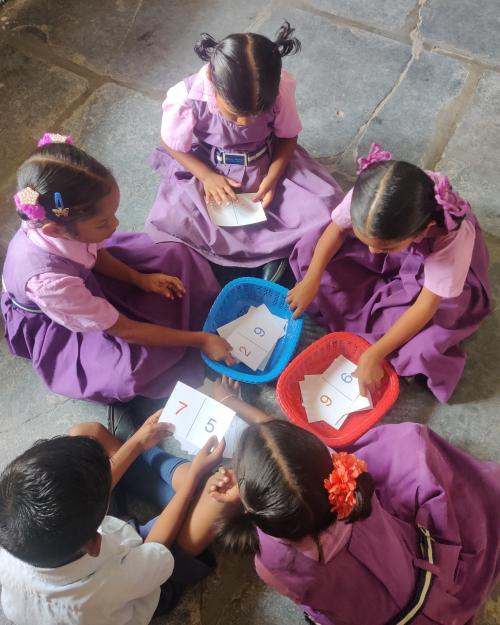
REPORT
Scaling Every Child Counts: Driving Learning Across India Through Knowledge Network Catalysts
We launched a certification course under the Every Child Counts program to engage NGOs as key partners in scaling the program. This report captures insights from pilots across three states, highlighting implementation lessons, and pathways to scale.
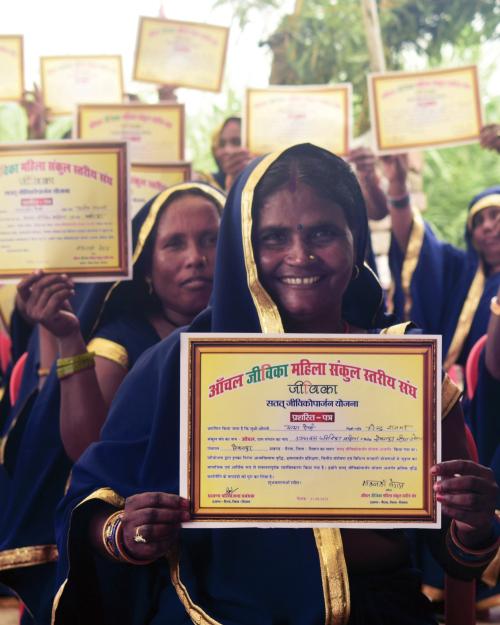
TOOLKIT
Going the Last Mile: Lifting Ultra-Poor Households Out of Poverty
This report captures the lessons from the Satat Jeevikoparjan Yojana—India’s largest government-led scale up of the Graduation Approach—implemented by JEEViKA, Government of Bihar, in partnership with Bandhan-Konnagar and J-PAL South Asia. The program is reaching more than 160,000 women-headed households in Bihar.
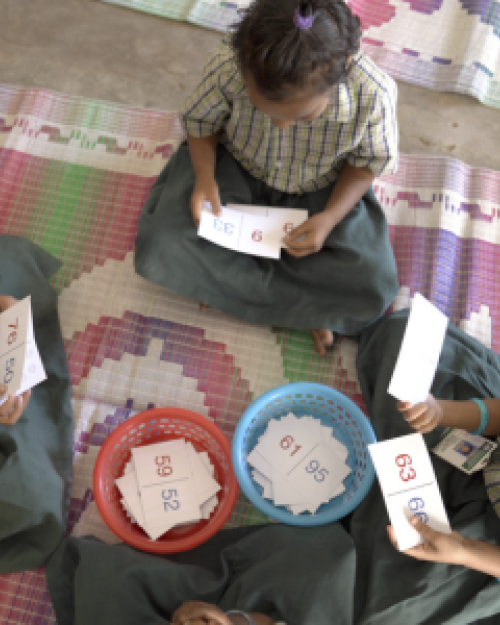
TOOLKIT
Every Child Counts: Implementation Toolkit
The Every Child Counts – Implementation Toolkit is a practical guide by J-PAL South Asia to help policymakers, NGOs, and teachers implement and scale an evidence-based games-based early years math curriculum. Designed for children aged 4–6, it uses four simple classroom games to strengthen innate mathematical abilities and connect it to formal math skills. Tested across India, the program has shown lasting improvements in foundational numeracy. The toolkit includes step-by-step guidance on gameplay, teacher training, classroom setup, monitoring, and strategies for scaling through government and NGO partnerships.
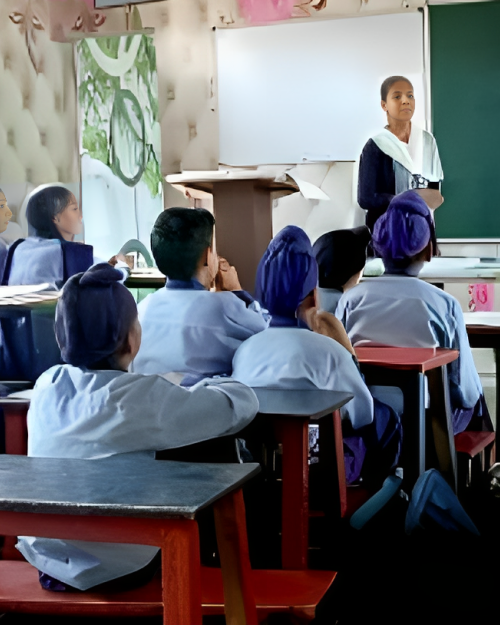
TOOLKIT
Common Minimum Framework for Process Monitoring: For a Gender Equity Curriculum at Scale
This framework, developed from J-PAL South Asia’s evaluation of Breakthrough’s Taaron Ki Toli programme, offers practical guidance for governments, NGOs, donors, and researchers working on gender-transformative education. It outlines how to design, implement, and monitor curricula at scale—drawing on evidence, government partnerships, and process monitoring tools to ensure fidelity and effectiveness. With clear protocols on research, ethics, and mixed-methods monitoring, the framework serves as a blueprint for embedding gender equity in education systems and driving lasting change in attitudes and behaviours.
